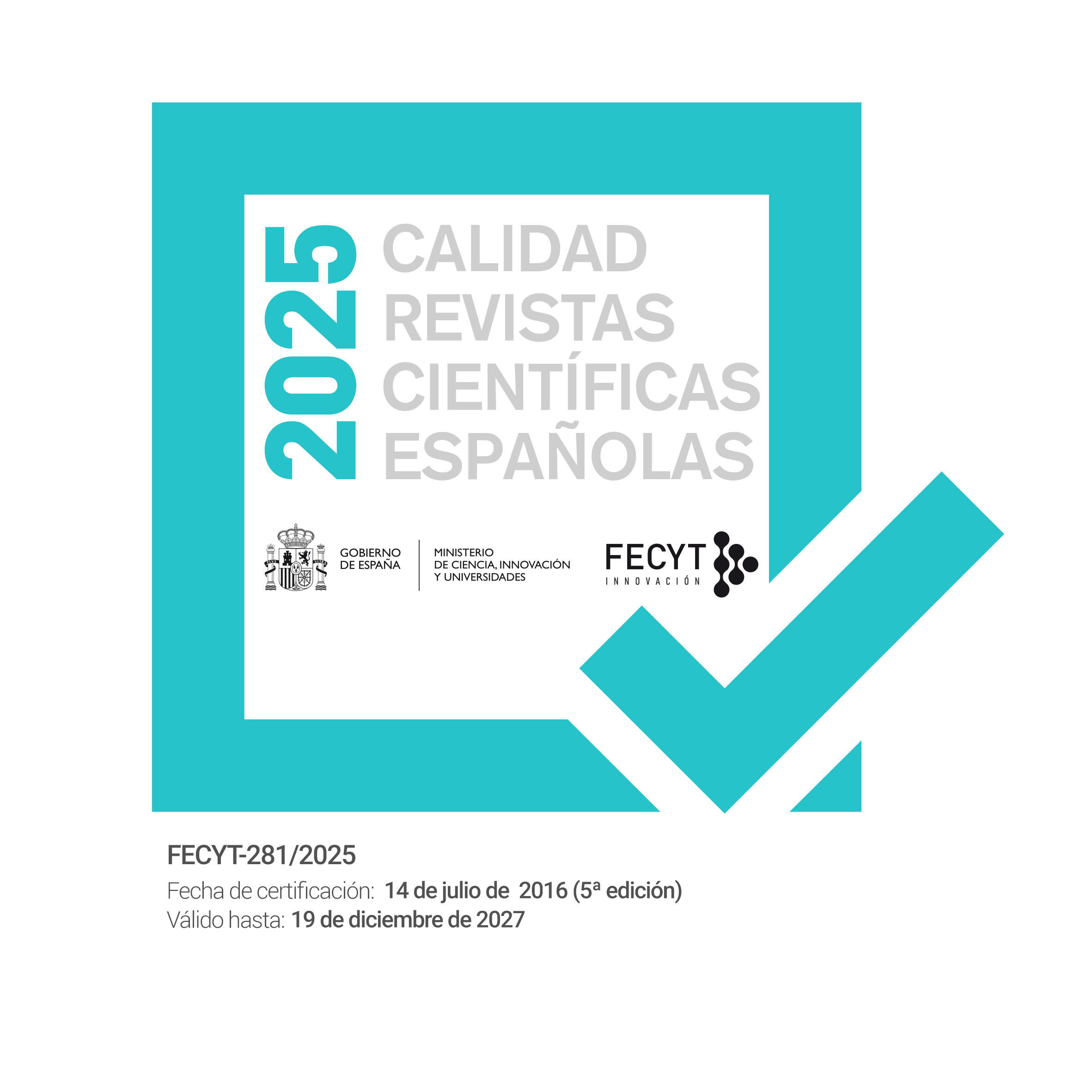“LACONISMO” COMO VIRTUD EN LA ATENAS DEL S. V. A.C.: A PROPÓSITO DE LA VIDA DE CIMÓN DE PLUTARCO
Abstract
The Persian Wars were, at the beginning of the Classic period, the starting point of the distinction between “Greek” and “non-Greek”, and the political apogee of Athens includes the period that goes from the struggle against the Barbarian to the confrontation with Sparta, so that the performance of men like Aristides, Themistocles and Cimon influenced the consolidation of Athenian power and the values that it represented. Our aim in this paper is to analyse how, in the Life of Cimon, written by Plutarch when Greece was already part of the Roman Empire, the philolaconian attitude of Cimon is not valued negatively, but as a favourable factor to characterize him. This confirms, once again, that Plutarch does not write history, but he is interested especially in the moral lesson that can be provided, when rebuilding and presenting men of the past, included in his Parallel lives, by their way of action, independently from the conditions in which they lived.Downloads
-
Abstract621
-
PDF (Español (España))252
Las obras que se publican en esta revista están sujetas a los siguientes términos:
1. El Servicio de Publicaciones de la Universidad de Murcia (la editorial) conserva los derechos patrimoniales (copyright) de las obras publicadas, y favorece y permite la reutilización de las mismas bajo la licencia de uso indicada en el punto 2.
2. Las obras se publican en la edición electrónica de la revista bajo una licencia Creative Commons Reconocimiento-NoComercial-SinObraDerivada 3.0 España (texto legal). Se pueden copiar, usar, difundir, transmitir y exponer públicamente, siempre que: i) se cite la autoría y la fuente original de su publicación (revista, editorial y URL de la obra); ii) no se usen para fines comerciales; iii) se mencione la existencia y especificaciones de esta licencia de uso.
3. Condiciones de auto-archivo. Se permite y se anima a los autores a difundir electrónicamente las versiones pre-print (versión antes de ser evaluada) y/o post-print (versión evaluada y aceptada para su publicación) de sus obras antes de su publicación, ya que favorece su circulación y difusión más temprana y con ello un posible aumento en su citación y alcance entre la comunidad académica. Color RoMEO: verde.





